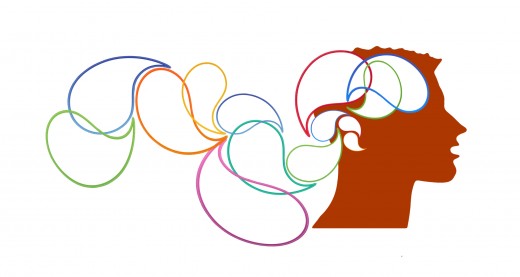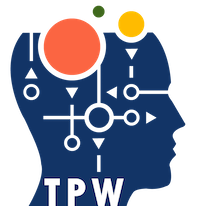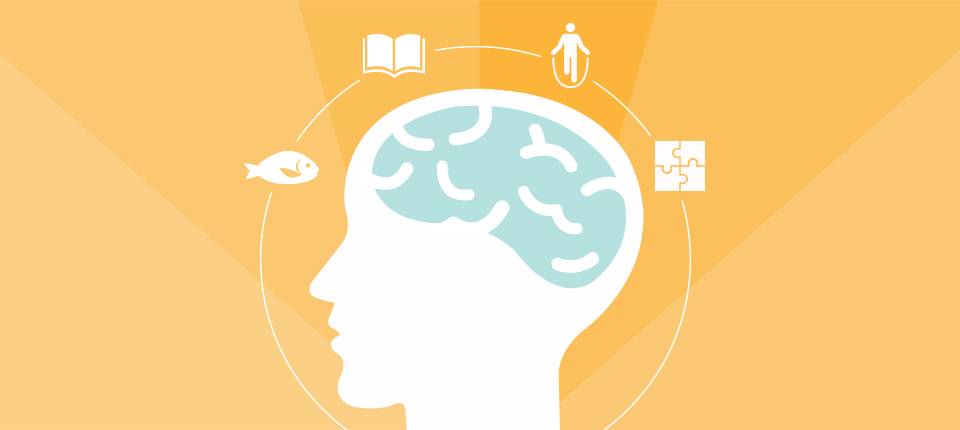Several studies show that cognitive flexibility has numerous benefits for employees in the workplace. In today’s workplace, the ability to juggle between tasks, being able to adapt quickly to changes without getting stressed, and being able to come up with creative and innovative ideas are crucial. Sung, et. al., in 2018, conducted a study on Korean Air Force pilots.
The study found that cognitive flexibility acted as a significant moderator on the relationship between stress and psychological symptoms. This moderating effect of cognitive flexibility shows that it can be used as a protective factor against negative effects of job stress (such as stress leading to psychological maladjustment).

In 2020, Kruczek, et. al. studied stress, cognitive flexibility, and coping ability in nurses. The study found that the nurses with higher cognitive flexibility (both in terms of perceiving situations as controllable, and perceiving and generating many alternative solutions to difficult situations) were more flexible in coping, and they had a broader repertoire of coping strategies. As a result of better coping skills, the perceived stress in the nurses too decreases due to effective management of it.
A 2013 study by Gunduz on pre-service teachers in Turkey found that cognitive flexibility and emotional intelligence had a strong negative relationship with anxiety and depression. Cognitive flexibility also had a positive relationship with emotional intelligence. The study is in line with prior research which shows a negative relationship between cognitive flexibility and worry. Gunduz suggests that since people with cognitive flexibility can adapt to situations better, they deal with stress better. Another study by Ritter et. al (2014), shows that cognitive flexibility enhances creativity and the ability to generate novel ideas.

Now that we know the advantages of having high cognitive flexibility, let us look at how we can improve it.
1. Meditation
The practice of meditation is suggested by most psychological therapists because of its many boons on the mind and cognition of a person. In a 2016 study, Muller et al. found that concentrative meditation led to an increase in cognitive flexibility. Other research studies have found links between meditation and cognitive flexibility as well. The continuing practice of meditation develops mindfulness in an individual, which is positively associated with improvements in attentional functions and cognitive flexibility.
2. Exercise
The mind and body are very strongly related. A 2009 study by Masley et. al. is congruent with prior research that shows that doing physical exercises improves the cognitive flexibility of a person. He further focuses on aerobic exercises. Masley states that, over a 10 week period, increasing frequency of aerobic activity was associated with enhanced cognitive performance, in particular cognitive flexibility. Aerobic exercises include cardio-respiratory exercises like walking, running, and even swimming. Given that we have now added aerobic exercises to the extensive list of benefits of aerobic exercises, it is time to put on our running shoes!
3. Playing games
Games can include video games or even board games that requires one to be cognitively involved, like chess. Theoretically, studies suggest that engrossing video games that involve the rapid manipulation of information coming from multiple sources, can increase cognitive flexibility. Training in action video games can increase the speed of perceptual processing, which in turn can help augment cognitive flexibility (Glass, et. al, 2013).
4. Learn something new
When we learn something new, new neural connections are said to be formed in our brain. This enhances the executive functions of the brain, including cognitive flexibility. Learning something new can include learning a new language (like Mandarin!), or learning a new skill (like solving cryptic crosswords or sudokus). It can also include doing something common or regular in a new manner. For example, using the computer to edit your article instead of doing it on paper, or using a physical map to find your way around the city instead of relying on your smartphone. When we get out of our comfort zones, we add on to our experiences which may improve our ability to adapt.
5. Proper sleep
Sleep is crucial for the efficient functioning of the body, both physically and mentally. A 2019 study by Honn et al. shows that deficiency or inadequacy in sleep results in cognitive flexibility deficits. A past study shows that getting proper sleep, especially the REM (Rapid Eye Movement) stage of sleep could result in superior flexibility of cognitive processing. The REM stage is vital as it is associated with information processing across various neural networks.
References
Glass, B. D., Maddox, W. T., & Love, B. C. (2013). Real-time strategy game training: emergence of a cognitive flexibility trait. PloS one, 8(8), e70350.
Gunduz, B. (2013). Emotional intelligence, cognitive flexibility and psychological symptoms in preservice teachers. Educational research and reviews, 8(13), 1048-1056.
Honn K.A., Hinson J.M., Whitney P., Van Dongen H.P.A. (2019). Cognitive flexibility: A distinct element of performance impairment due to sleep deprivation. Accident Analysis & Prevention, Volume 126, Pages 191-197, ISSN 0001-4575.
Kruczek, A., Basińska, M. A., & Janicka, M. (2020). Cognitive flexibility and flexibility in coping in nurses–the moderating role of age, seniority and the sense of stress. International Journal of Occupational Medicine and Environmental Health, 33(4), 507-521.
Martin, M. M., & Rubin, R. B. (1995). A New Measure of Cognitive Flexibility. Psychological Reports, 76(2), 623–626.
Masley, S., Roetzheim, R. & Gualtieri, T. (2009). Aerobic Exercise Enhances Cognitive Flexibility. Journal of Clinical Psychology in Medical Settings 16, 186–193.
Müller, B. C. N., Gerasimova, A., & Ritter, S. M. (2016). Concentrative meditation influences creativity by increasing cognitive flexibility. Psychology of Aesthetics, Creativity, and the Arts, 10(3), 278–286.
Ritter, S. M., Kuhn, S., Muller, B. C., Van Baaren, R., Brass, M., & Dijksterhuis, A. (2014). The creative brain: corepresenting schema violations enhances TPJ activity and boosts cognitive flexibility. Creativity Research Journal, 26(2), 144-150
Sung, E, Chang, J.H, Lee, S, & Park, S.H. (2019). The Moderating Effect of Cognitive Flexibility in the Relationship Between Work Stress and Psychological Symptoms in Korean Air Force Pilots. Military Psychology, 31:2, 100-106.

